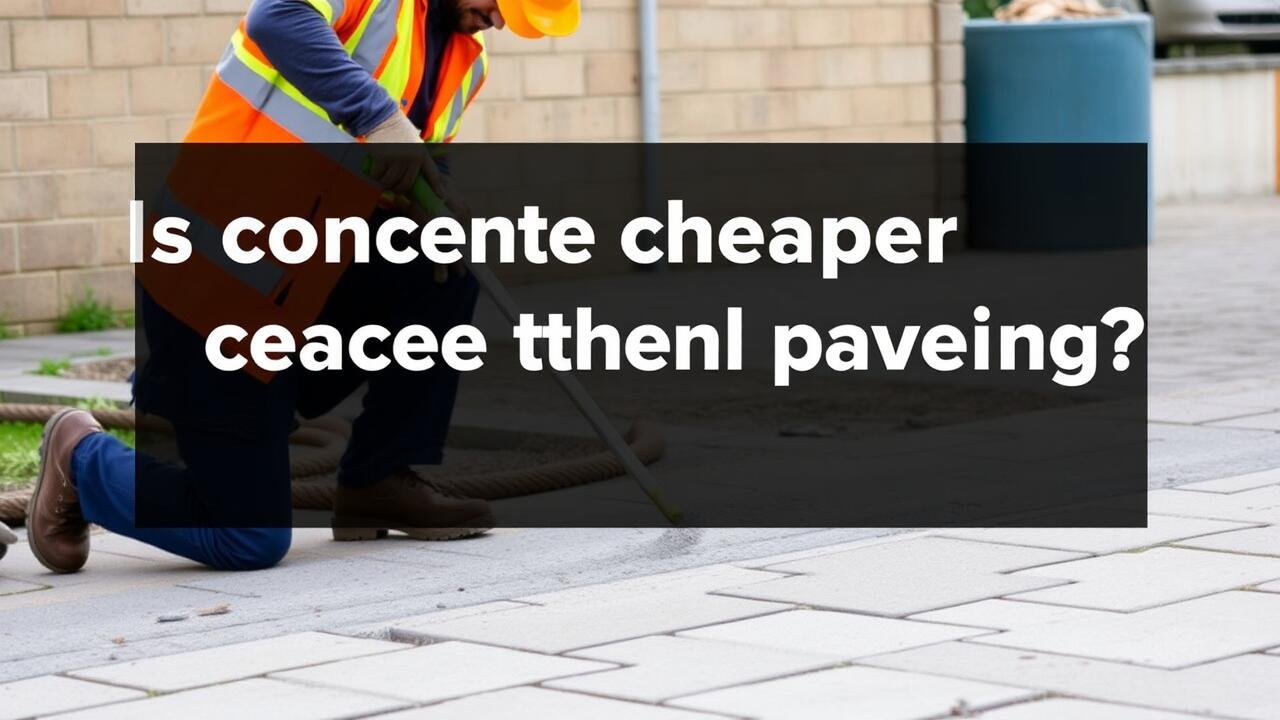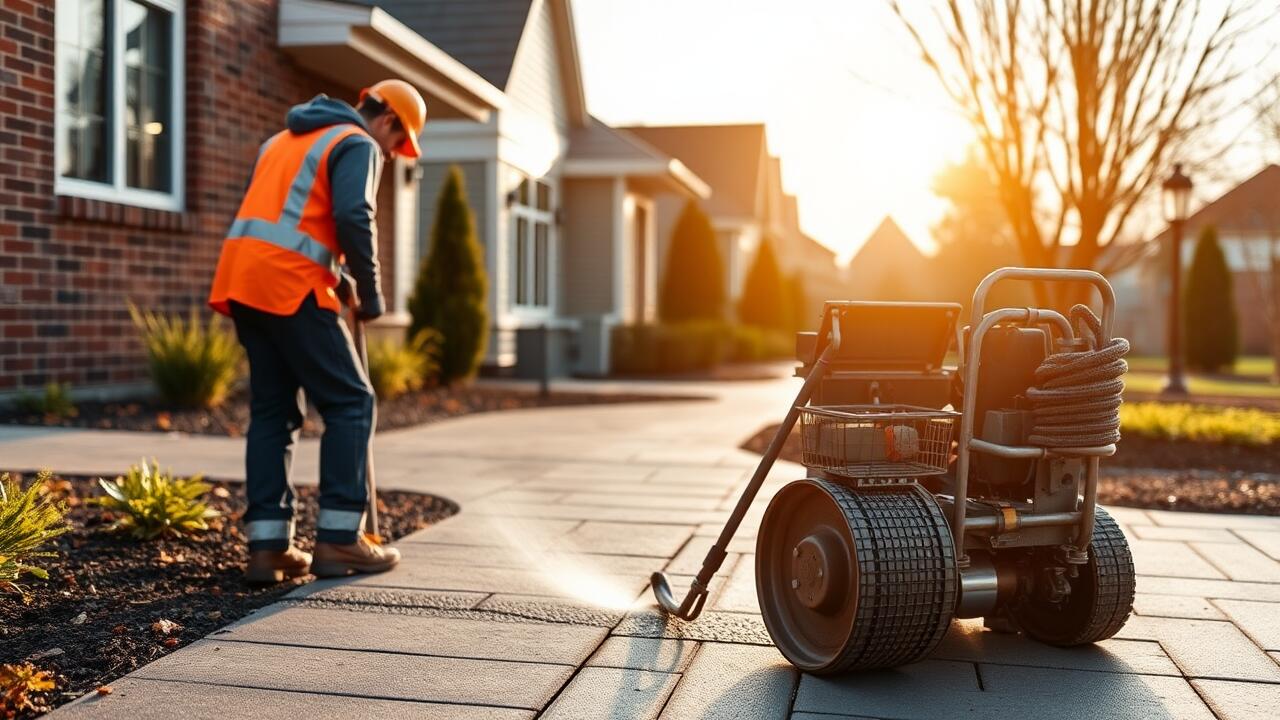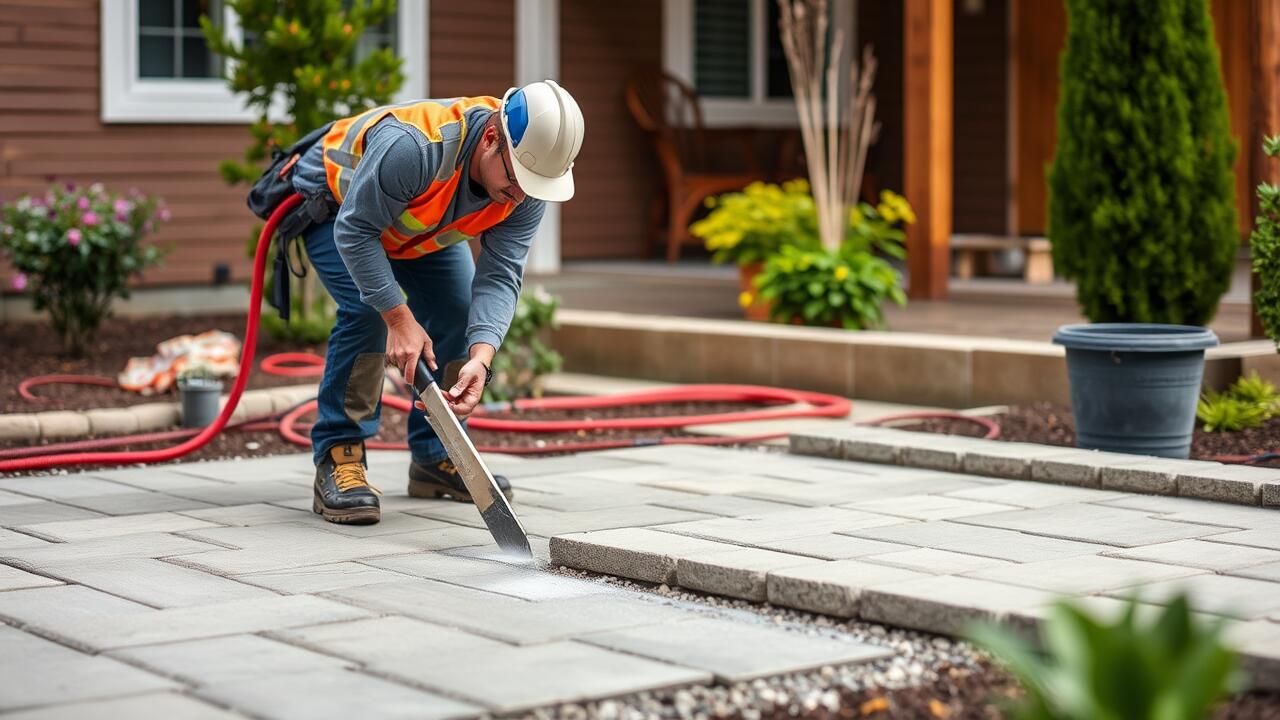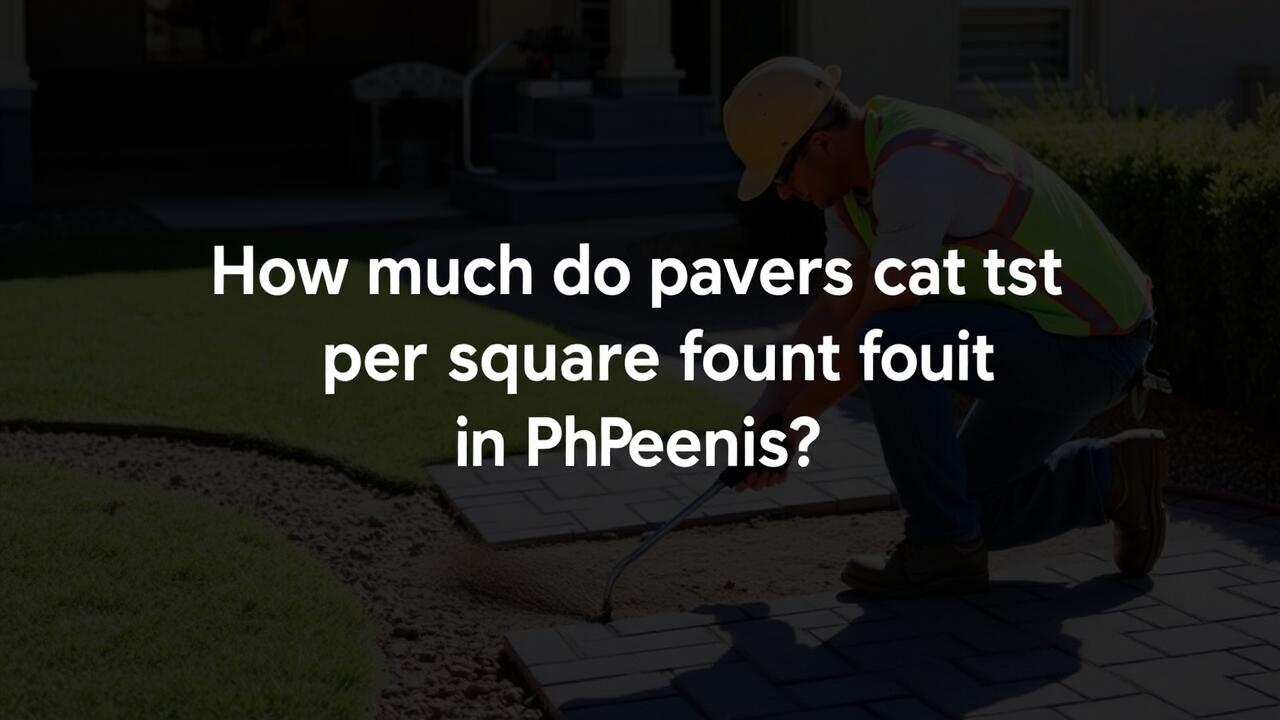
Environmental Impact
The environmental impact of materials used for paving is a crucial consideration in modern construction. Concrete, being a widely used choice for various surfaces, has significant implications for sustainability. The production process of concrete contributes to carbon emissions, primarily due to cement manufacturing. This aspect has led many to question its ecological footprint. Exploring alternatives and methods to mitigate these impacts can prove beneficial for both construction practices and the environment.
When considering alternatives like traditional asphalt paving, it is essential to evaluate their respective environmental effects. Asphalt production is also energy-intensive and contributes to pollution. However, differences in lifecycle sustainability exist between the two materials, often depending on local availability and the specific project context. For those searching for solutions such as "Concrete Paving near me," understanding these factors can help inform decisions that align with environmental goals.
Sustainability of Concrete Compared to Paving
Concrete is often viewed as a sustainable option due to its durability and longevity. Unlike traditional paving materials, which can require frequent replacement, concrete surfaces can last for decades with proper maintenance. This longevity reduces the need for new materials and the associated environmental impact of production and waste. Additionally, innovations in concrete production have led to the development of mixtures that incorporate recycled materials, further improving its sustainability profile.
On the other hand, paving solutions may involve materials that are not as eco-friendly. Many asphalt and traditional concrete pavements contribute to urban heat islands and can require significant energy for installation and maintenance. Homeowners considering outdoor renovations may search for "Concrete Paving near me," highlighting a growing interest in using concrete for its sustainable benefits. By choosing concrete, they may contribute to reduced resource consumption over time while also exploring options that support recycling and lower emissions.
Durability and Weather Resistance
When evaluating durability, concrete typically outperforms many other paving materials. Its inherent strength makes it resistant to wear and tear that can result from heavy traffic and harsh environmental conditions. Concrete is less likely to suffer from cracking and deformation when subjected to extreme temperatures or repeated freeze-thaw cycles. Furthermore, when properly sealed and maintained, concrete can withstand moisture, reducing the risk of erosion and damage often seen in other paving options.
Weather resistance is another significant advantage of concrete. Unlike asphalt, which can soften and become sticky in high temperatures, concrete remains stable even under extreme heat, maintaining its structural integrity over time. In regions where heavy rain or snow occurs, concrete’s ability to drain water effectively helps mitigate the risk of flooding. For those looking to install durable surfaces, searching for “Concrete Paving near me” can lead to local contractors who specialize in high-quality installations that enhance both performance and longevity.
Performance of Concrete and Paving in Different Climates
Concrete demonstrates excellent resilience across varying climates, making it a favored choice for many construction projects. In hot and arid conditions, the material retains its form and structure, presenting minimal expansion or contraction. On the other hand, concrete holds up well in cold environments as well, where it can resist freezing and thawing cycles with proper treatment and sealing. This durability under extreme temperatures is a significant advantage over some paving materials, which may be more susceptible to damage with fluctuating weather patterns.
Paving materials can significantly vary in performance depending on climate. Asphalt, for instance, can soften and become susceptible to ruts in high heat, while in cold climates, it may crack due to freezing temperatures. Choosing the right paving solution requires careful consideration of local weather conditions. For those searching for lasting solutions, a professional query for "Concrete Paving near me" could yield options that suit specific environmental challenges, ensuring longevity and performance.
Installation Timeframes
The installation timeframes for concrete and paving can vary significantly based on materials and local conditions. Concrete typically requires a curing period that can last several days, depending on weather and thickness. This means that while initial preparations might be completed quickly, the final usability takes longer, impacting project timelines. In contrast, paving stones or bricks can often be laid in a shorter time frame, allowing for immediate or near-immediate use once installed.
For those considering a new driveway or pathway, searching for "Concrete Paving near me" can yield local contractors who are equipped to handle either material type. Homeowners should weigh the quick installation and potential for a faster return to service with paving options against the longer-term benefits that concrete might provide, particularly in terms of longevity and maintenance requirements. Each option has its pros and cons related to how quickly it can be installed and ready for use.
Speed of Setting for Concrete and Paving
The speed of setting for concrete compared to paving materials can greatly influence project timelines. Concrete typically requires a longer curing process. While initial setting can occur in a matter of hours, achieving full strength can take several days, depending on the environmental conditions. This extended timeline necessitates careful planning when using concrete for surface applications.
On the other hand, paving materials, like asphalt or interlocking pavers, can often be installed and ready for use within a day. This quick turnaround can be particularly appealing to homeowners and contractors who need immediate access to a surface. Those searching for "Concrete Paving near me" should consider these factors in their planning, as the choice of material can impact not only costs but also the duration of disruption during installation.
FAQS
Is concrete generally cheaper than paving options like brick or stone?
Yes, concrete is typically cheaper than paving options such as brick or stone, primarily due to lower material and installation costs.
What factors influence the cost difference between concrete and paving?
Factors include material costs, labor expenses, design complexity, and local market conditions, which can all affect the final price of either option.
Are there long-term cost considerations when choosing between concrete and paving?
Yes, while concrete may have a lower initial cost, factors like maintenance, durability, and lifespan should be considered, as they can affect long-term expenses.
How do the environmental impacts of concrete compare to those of paving?
Concrete production can have a higher carbon footprint, but advancements in sustainable practices are improving its environmental impact. Paving materials can vary significantly in sustainability based on their source and production methods.
What are the installation timeframes for concrete compared to paving?
Concrete usually sets and cures faster than many paving options, allowing for quicker installation and use, but the overall timeline may vary based on project size and complexity.


